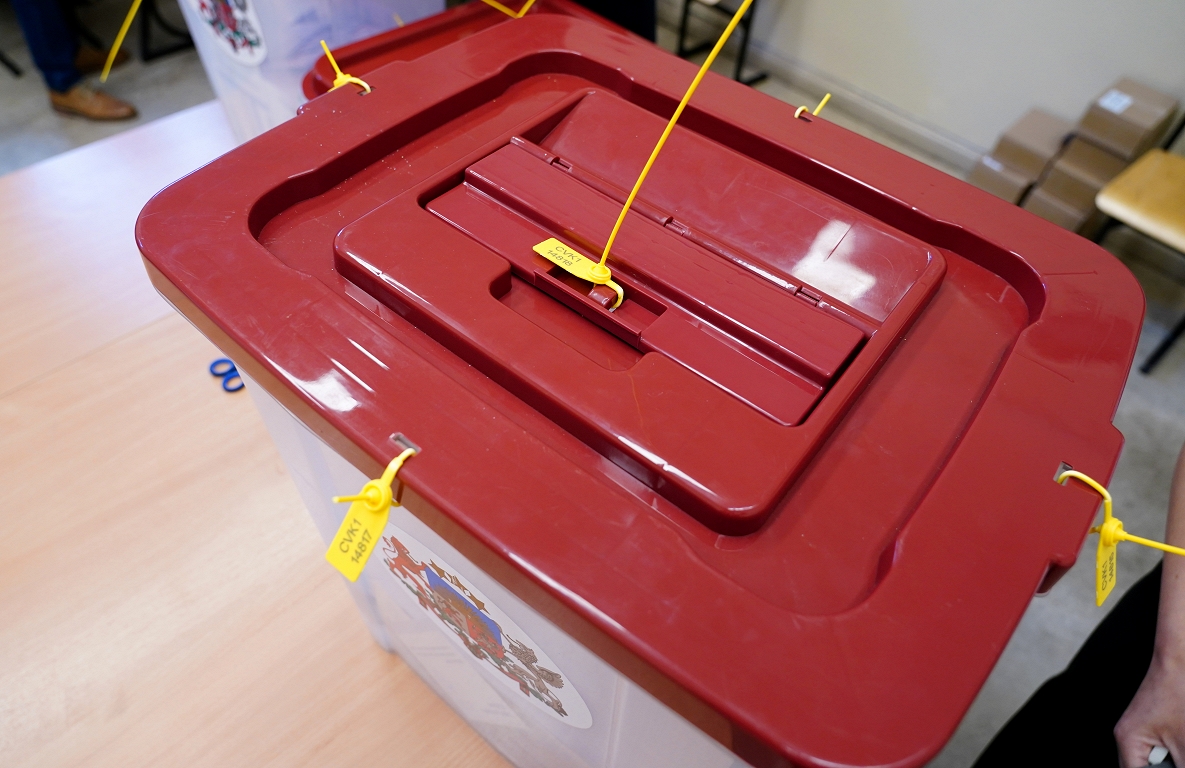The opportunity for Brussels with the weakest dollar: here is the Eurobond plan

The proposal of Blanchard and Ubide and the attention of the governments: the belief that the EU should strengthen instead of hoping for a respite with Washington grows
Donald Trump raises the duties on Europe, then he reversed them in part, then threatens an even more dizzying increase, a few hours after withdrawing it and two days later doubles other rates on the steel. It is not clear what the arrival point will be, in the relationship of Europe with the United States. It is clear instead that no European government can ever count that you have arrived there, at that point where everything should be so clear that investments and exchanges can start again.
The new EU-USA relations
Europe simply can no longer count on the relationship with America. It doesn’t matter what the results of the negotiations open for two months will be. In the capital of the continent the belief that Europe must strengthen itself, instead of hoping for a respite with Washington, grows. It cannot depend on any kind of agreement with the United States.
It is no coincidence that precisely in the hours when Fabio Panetta read his « final considerations » to the Bank of Italy on Friday, two influential European economists presented proposals similar to those of the governor, with topics also similar. The two are the former Capoeconomista of the International Monetary Fund Olivier Blanchard, a figure very listened to in the Elysée, and the Spaniard Angel Ubide (of the great American investment company Citadel, but in this case on a personal capacity). Blanchard and Ubide advance their proposal in a random way at all at a time when the theme, underground, is evaluated in many capitals. The two suggest forming a large basin of European public debt, with motivations very similar to those of Panetta. According to them, the destabilization triggered by Trump also presents an opportunity for Europe to affirm more its role as a financial market and holder of an international reserve currency. To take the opportunity, they say, it is necessary that the European common debt for several thousand billions of euros must be formed.
Dollar
Blanchard and Ubide write: « International investors are increasingly in question the solidity, safety and stability of the dollar and have started and rebalanced their wallets », leaving in part from the positions in American currency. And they continue: « The creation of a market for liquid and profound Eurobonds », that is, in which it is easy to perform transactions and with large quantities of securities, « would provide investors with the safe alternative active they seek ». In essence, for Blanchard and Ubide, a Eurobond could gnaw part of the role of reserve and reference currency for international payments which today almost only holds the dollar. This would create demand from large central banks from all over the world for these qualifications in euros, therefore a lowering cost of the euro area lower than it would be otherwise.
The proposal
Blanchard and Ubide note that all European emissions, including those of the Recovery Fund, are worth just over a thousand billion. The volume of the German bund reaches 2,500 billion. The American public debt (removed the titles shortly) is worth almost 30 thousand billion dollars and it is precisely this liquidity and depth that makes it the basic title for many operations in international finance. Trump is making some certainties falter as for his solidity. Blanchard and Ubide propose that 25% of the public debt of the euro area countries are converted to European common debt – about three thousand billion euros – with some forms of joint guarantees between states. The devil of course is in detail. But the debate is launched, not only in the academic world.
© RESERVED REPRODUCTION






:format(webp)/s3/static.nrc.nl/wp-content/uploads/2024/04/19130401/data114427534-15d3a9.jpg)
